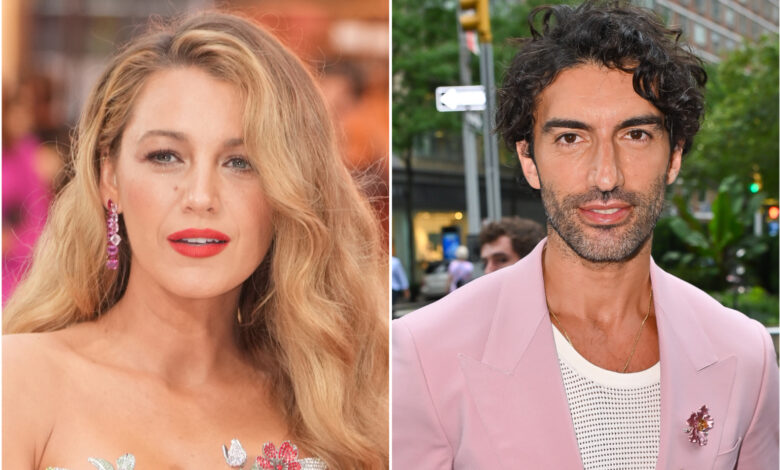Blake Lively and Justin Baldoni File Competing Lawsuits in Harassment Dispute
Actors Blake Lively and Justin Baldoni have each filed new lawsuits, intensifying their conflict over allegations of harassment on the set of their film "It Ends With Us."

Actors Blake Lively and Justin Baldoni have each filed new lawsuits, intensifying their conflict over allegations of harassment on the set of their film “It Ends With Us.” The latest legal actions were initiated on January 1, 2025, turning public attention back to the contentious issue of workplace conduct in Hollywood.
Lively filed a lawsuit in New York against Baldoni and his publicity team, accusing the actor-director of sexual harassment during the making of the film. Her claims include not only the harassment but also an alleged “multi-tiered plan” to damage her reputation in retaliation for her speaking out. This involved social media manipulation and the use of “friendly journalists” to spread negative narratives, according to Lively’s legal team.
Simultaneously, Baldoni filed a lawsuit against The New York Times, the outlet that initially reported Lively’s complaints, for $250 million, alleging defamation. Baldoni claims the newspaper’s coverage was biased, relying on “cherry-picked” and altered communications which he says were taken out of context to mislead the public. His legal action accuses the Times of working with Lively to damage his reputation, a charge which the newspaper has refuted, emphasizing its commitment to thorough and responsible journalism.
The legal filings come after months of rumors and an initial complaint by Lively in December, which was a precursor to this lawsuit. Baldoni’s legal team has consistently denied Lively’s allegations, describing them as “categorically false” and suggesting they were motivated by Lively’s desire to repair her public image after what they claim were her own negative actions during the film’s promotion.
The situation has sparked a broader conversation about accountability, the handling of harassment claims in the entertainment industry, and the ethics of media reporting on such sensitive matters. Both lawsuits highlight the complexities of navigating public relations crises and personal reputations in the glare of media scrutiny.
As these legal battles unfold, they underscore the ongoing challenges Hollywood faces in managing workplace environments and the potential repercussions of public allegations, especially in an era where social media can amplify both truths and falsehoods. The outcomes of these lawsuits could set precedents for how such disputes are handled in the future within the industry.




